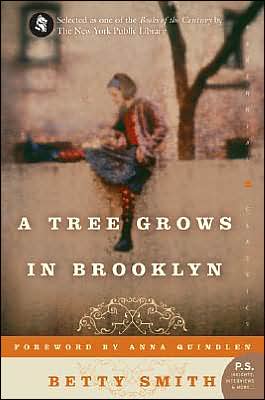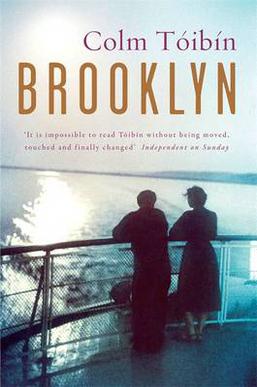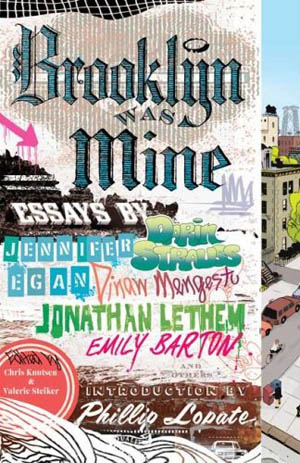This was not the column I expected to write this week. But when I read Elisabeth and Miya’s recent posts about change and moving, I knew the column I had planned would hold for another Thursday. This week, I’ll tell a different story, one that I wasn’t expecting to tell.

On January 4th I got on a plane to head back to Bangladesh. I had moved across the world the previous February and come home for the first time 10 months later to celebrate Christmas with my family. Without question, moving to Bangladesh was one of the best decisions I have ever made. Certainly I was sad to be moving so far away from friends and family, but I felt, in my bones, that it was the right decision. My husband moved in November while I stayed in the states an extra three months to pack up our apartment, sell the car, and generally wrap up all the little things that go along with moving. And then I got on a plane and started a wonderful adventure.
It wasn’t easy leaving home, it never is. I almost cried as I waved to my mom from the security line and certainly would have shed tears when the first flight took off had it not been for the wondrous distraction of SkyMall. But I was headed towards my husband who I hadn’t seen in three months, so there was joy and excitement mixed with the sorrow.
Eleven months later, the situation was not that changed. My mom took me to the airport so I could catch the first in a series of flights that would take me back to my husband and Bangladesh.
[gallery, exclude="3216, 3219, 3220" link="file"]
Except I never got there.
Three flights and 20+ hours after my departure I was turned back in India. There was a problem with my visa. Changing from one flight to another would, in essence, require that I change airports, which meant entering the country. A technicality to be sure, but it didn’t matter. Immigration officials insisted and I felt I had no choice but to do as I was told. Two flights away from my final destination and I wasn’t going to make it. I was guided back to the same plane I had just disembarked to repeat my journey, only in reverse. Over 50 hours after I left, I was back at my parent’s doorstep.
That was more than six months ago and this is the first I’ve written of what I have dubbed The Journey to Nowhere. With the exception of explaining what happened to my parents, sister, husband, two best friends, and an aunt, I haven’t even spoken of the experience except in platitudes. It was such a shocking event that until very recently (I’m talking two weeks ago) thinking back to that day was more than likely to lead to my heart pounding against my ribcage and my eyes watering. It was shocking and emotional and scary and just hard.
But that’s not what I wanted to talk about. Not today at least.
When I called my husband from an airport payphone in Amsterdam, I knew we had some decisions to make. We had a plan; I would go home for three weeks and then head back to Bangladesh where we would go about our routine for an indeterminate amount of time, probably somewhere in the vicinity of six months. Someone or something had thrown a wrench in our plan, now new plans had to be made.
Ultimately, we decided that I would remain in the states and my husband would leave Bangladesh after tying up any loose ends. It was undoubtedly the most logical and practical decision. But it was a decision that I felt forced into. I had a plan and it crashed around me leaving us to pick up the pieces and attempt to fit them, like mismatched jigsaw pieces, into a new picture, a new future.
I don’t handle unexpected change well at the best of times. Some people can just roll with things like that, but I am not one of them. I think it’s a trait of being an introvert. I like to plan and adjust, to dwell and ponder. To all-of-a sudden be living on a different continent than I expected was, for me, a curve ball of monumental proportions.
So, with the loss of a well-thought-out plan, an emotional upheaval, and an attempt to adjust to a new plan, I did all I could: I put one foot in front of the other. Early on, before my husband got back to the states, I was so thrown, so uncomfortable, that it is not an exaggeration to say I was taking things day by day. Twelve to twenty-four hours was as far as my vision could stretch. I learned several things from the experience, but one of them was that when you’re so lost you don’t know which way is up, its ok to only worry about the current day, not tomorrow, not a week or a month, just today. Do the best you can on this particular day, don’t worry about the rest.
I’m still not 100% back to my old self. I’m not sure if it’s noticeable to anyone besides me, but I know I’m less confident, less secure than I once was. I have twinges of separation anxiety when I’m away from my husband overnight. And I’ve lost the trust in travel I used to have, that if I set out for a destination, I would ultimately arrive. But the fact that I was able to write these words, that I’m planning for more than tomorrow, well to me that’s proof that if you hang on long enough, the world will right itself.
Sometimes you don’t know the answers; sometimes you don’t even know the questions. Sometimes it is pointless to ask. If I had spent my time wondering ‘why me’ I would have felt even more lost and out of control. Because there is no answer, only more questions. Things happen, things we don’t understand, things we don’t like, things that throw us for a loop and leave us reeling with vertigo. And then, all you can do is look forward and trust that something great is hiding around the corner.






























